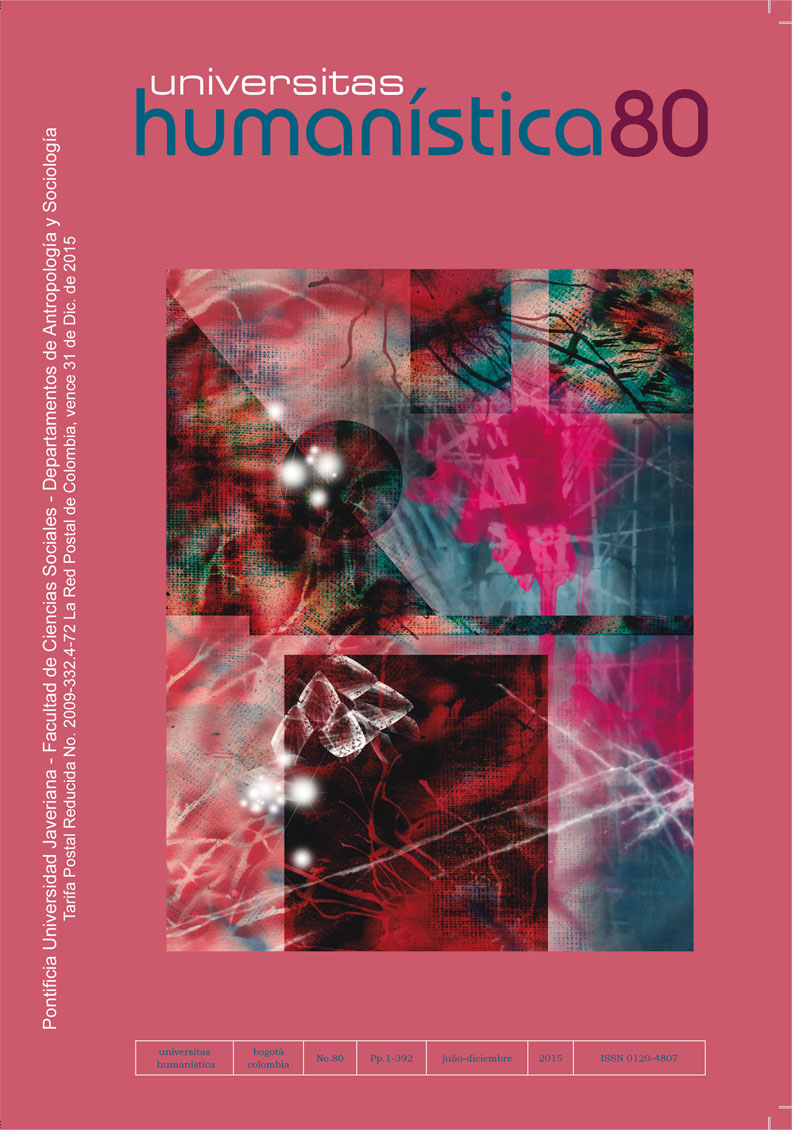Abstract
A proximal-performative approach to the intercultural policies in two cases of higher education in Brazil and Mexico is layed out. It is suggested that a differentiating element between these is the knowledge they produce. Specifically, it is considered that, although intercultural knowledge contains common elements in the two cases analyzed (intercultural as something different from the indigenous knowledge, the open defense of indigenous interests and the notion of participation) that correspond to a static vision, there are elements that allow their differentiation (the problematization the intercultural option as a theme for reflection and the acting origin of proposals), through which these policies can be converted into projects, providing hope and strategic positions instead of closed solutions.These reflections are based on the analysis of documents for the dissemination of knowledge produced within specific policies: PROLIND program from Brazil and intercultural universities in Mexico.
This journal provides immediate open access to its content on the principle that making research freely available to the public, encourages greater global exchange of knowledge.
The journal Universitas Humanística is registered under a Creative Commons Attribution 4.0 International Public License. Thus, this work may be reproduced, distributed, and publicly shared in digital format, as long as the names of the authors and Pontificia Universidad Javeriana are acknowledged. Others are allowed to quote, adapt, transform, auto-archive, republish, and create based on this material, for any purpose (even commercial ones), provided the authorship is duly acknowledged, a link to the original work is provided, and it is specified if changes have been made. Pontificia Universidad Javeriana does not hold the rights of published works and the authors are solely responsible for the contents of their works; they keep the moral, intellectual, privacy, and publicity rights.
Approving the intervention of the work (review, copy-editing, translation, layout) and the following outreach, are granted through an use license and not through an assignment of rights. This means the journal and Pontificia Universidad Javeriana cannot be held responsible for any ethical malpractice by the authors. As a consequence of the protection granted by the use license, the journal is not required to publish recantations or modify information already published, unless the errata stems from the editorial management process. Publishing contents in this journal does not generate royalties for contributors.


